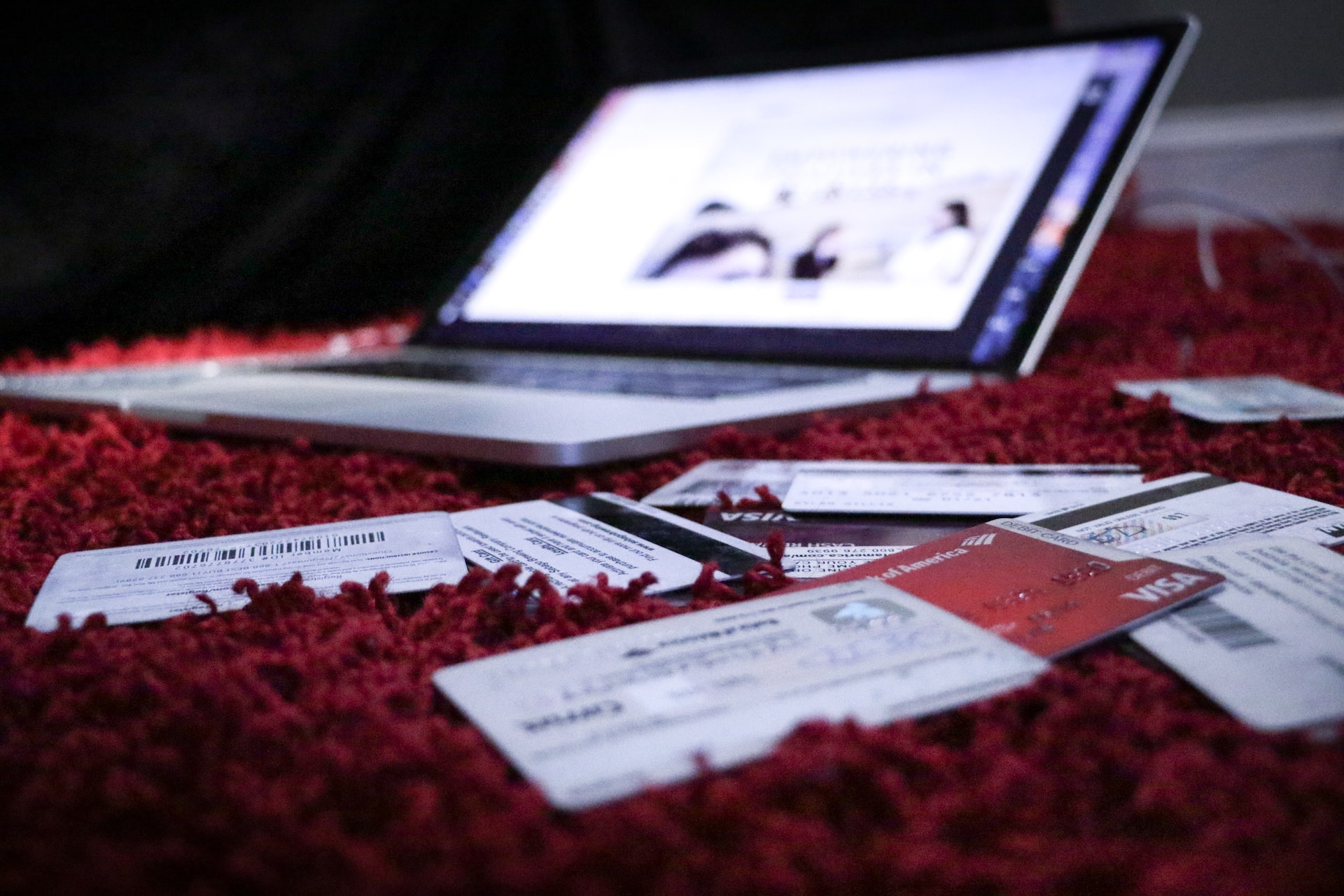Credit reports, budgets, goals, and debt can be frightening words and concepts whether you are hearing them for the first time or the hundredth time. They are chilling because they are important in leading a healthy financial lifestyle, but we may not be well-versed in what they mean.
Once you become familiar with the world of finance, you can maneuver more effectively through your own financial history to set up your future. Here are some ways to become more comfortable with the wild world of money.
Check your credit report
Remember when teachers used to talk about your permanent record? This is similar in that it is a record of your credit transactions, lending applications, payment history, bankruptcies, payoffs, and anything financially related to your social security number.
Take 30 minutes every few months to look at your credit report and get a feel for where you stand. Make sure all of the items are accurate and up to date. Some records aren’t updated quickly and can hurt your score until addressed. And, if someone is using your identity to take out loans, your report will show it.
You are entitled to a free annual credit report from each of the three bureaus, and can request one here: Annual Credit Report
Track your spending without a budget
As you become savvier with your money, you’ll feel empowered to take control of where that money goes. The first step is looking at where you spend money today, and where you can cut back.
Sierra’s Money Desktop tool shows you spending trends by category from every account you add, not just your Sierra checking or credit cards. See how much goes to car care, to food, to bars, to pets… Watch those trends change as you change your spending habits.
Nerd Wallet is another good resource, with tips on cutting back as well as the psychology of why we feel we need to spend.
Set specific money goals
What are you saving for? Emergencies? School? Retirement? General financial flexibility? Write down your goal, the amount you want to save, and the date(s) of when you plan to accrue the money. How much of each paycheck will you put toward that goal? If you can, set up automatic paycheck deductions to go straight to your goal savings account.
Remember to have some grace with yourself on this journey to savings. After all, life does happen and you may need to dip into the money you save. Just do your best to make saving a habit, or, better yet, automatic, and let the funds grow as long as you can.
Get a credit card to improve financial health
Credit cards are, in fact, an important tool in your credit journey. They get a bad rap most of the time, but when they are used responsibly, they have a sizeable impact on your credit score and report.
Credit cards have more versatility than a debit card. When making large purchases, online purchases, or reservations, credit cards are the way to go. It’s much faster to process any type of fraudulent activity on a credit card, and easier to recover from payment scams.
Using—and paying off—a credit card can help you build a credit history. Get a low-rate credit card to start off, use it responsibly, and keep it open to improve your score over time. Just be careful not to spend more than you can pay back quickly, and watch out for high rates and fine print. Sierra’s Alumni Credit Card is a great place to start.
These guidelines are a great start to becoming financially savvy, and we’re so proud of you! Remember to be kind to yourself as you improve money habits, and don’t be afraid to ask questions. At Sierra Pacific, we want our members to be money smart and financially strong, and we’re happy to do what we can to help you get there. Let’s become more financially fit together!
Sources:
https://www.transunion.com/blog/debt-management/how-long-rebuild-credit
https://www.nerdwallet.com/article/finance/how-to-stop-spending-money-8-ways-to-resist-the-urge
